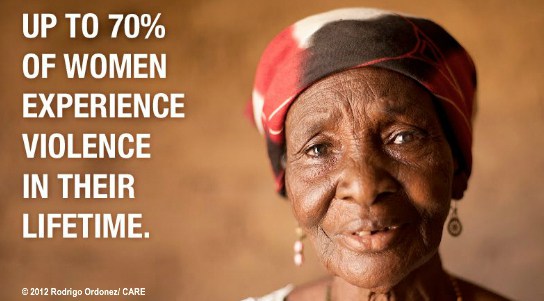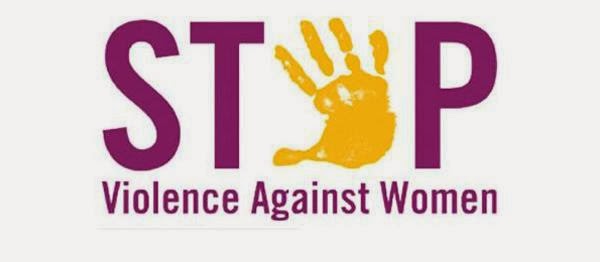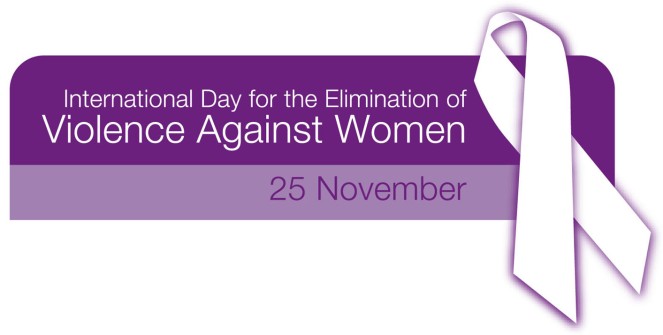According to WHO Media centre (2016), the United Nations defines violence against women as “any act of gender-based violence that results in, or is likely to result in, physical, sexual or mental harm or suffering to women, including threats of such acts, coercion or arbitrary deprivation of liberty, whether occurring in public or in private life.”
Violence against women is a human rights violation with important public health ramifications. Evidence from across the globe documents that such violence is widespread and that women and girls bear the overwhelming burden of violence by any perpetrator. The consequences of such violence can be long-lasting and extensive, making violence against women an important cause of morbidity and in some cases death. Studies suggest that violence against women has negative health consequences that include physical injury, unwanted pregnancy, abortion, sexually transmitted infections (including HIV/AIDS), maternal mortality, post-traumatic stress disorder, depression, and suicide, among others.
Violence against women also poses inter generational consequences: when women experience violence, their children suffer. Growing evidence suggests that when children witness or suffer violence directly, they may be at increased risk of becoming aggressors or victims in adulthood. Furthermore, violence against women and violence against children often co-occur in the same households. Therefore, initiatives to address violence against women must also consider how to prevent and respond to violence against children and vice-versa.
Violence Against Women in the Caribbean
Gender-based violence, and in particular violence against women and girls (VAWG) is one of the most common forms of insecurity facing citizens in the Caribbean.
While traditional gendered roles inform male vulnerability to involvement in violence and organized crime, women and girls are made vulnerable to physical and sexual abuse. Citizen Security concerns are therefore manifest differently for men and boys and women and girls.
With global estimates that up to six out of ten women will experience physical or sexual violence in her lifetime. Violence against women remains one of the most widespread human rights violations yet one of the least prosecuted crimes (UN Women, n.d).

Violence not only has negative consequences for women but also their families, the community and the country at large. It has tremendous costs, from greater health care and legal expenses and losses in productivity, impacting national budgets and overall development.
Government response
According to UN Women. (n.d), Caribbean has supported the development of national action plans to address Gender-based violence (GBV) in five countries (Antigua and Barbuda, Belize, Grenada, Jamaica and St. Kitts and Nevis) and the revision to domestic violence laws in three countries over the last five years (“State Accountability” framework), and the revisions/adoption of legislation and protocols to respond to GBV; supported regional policing institutions to build capacities to tackle GBV and end impunity; pioneered an accountability, court-based programme for perpetrators of domestic violence (“Partnership for Peace” tools); supported the creation of a network of men advocates as partners for gender equality (CariMAN); and developed a host of multi-media advocacy approaches in support of the UNiTE Campaign.
In T&T, between 2009 and 2012, almost 12,000 domestic violence applications were made in the Magistrate’s Court, according to a report by a group called the NGO Caribbean Development Foundation (NCDF), which recently completed a five-year Violence Against Women campaign.
The campaign involved consulting a wide range of NGOs from Jamaica, T&T, Suriname and other Caribbean countries, and resulted in a report called The Cascadia Protocol, submitted to regional governments. A main recommendation was the need for trained Domestic Violence Units in the police service.
However, even when laws exist, this does not mean they are always compliant with international standards and recommendations or implemented.
These policies can make a difference
To achieve lasting change, it is important to enact legislation and develop policies that:
- Address discrimination against women;
- Promote gender equality;
- Support women; and
- Help to move towards more peaceful cultural norms.
An appropriate response from the health sector can play an important role in the prevention of violence. Sensitization and education of health and other service providers is therefore another important strategy. To address fully the consequences of violence and the needs of victims/survivors requires a multi-sectoral response (Inter-American Development Bank, n.d).
The government should develop and implement national protocols for comprehensive care for women and girls victims of violence by:
- Guaranteeing appropriate medical and psychological care, legal assistance, and emergency housing alternatives for the victims.
- Funding public campaigns to deconstruct violence against women, address the harmful impacts of all forms of violence against women and girls, and challenge gender norms so that violence against women is not perceived as something that is natural or normal.
- Offering free counseling, subsidized by the government and developing campaigns to increase the visibility and accessibility of these services.
Violence Against Women in other countries
As a result of a growing body of global evidence, the international community has begun to give violence against women a greater priority in the public health agenda and to recognize that efforts to improve women’s health and well-being will be limited unless they take into account the magnitude and consequences of such violence for women’s lives.
According to Friedman-Rudovsky, (2016), although Colombia has many laws against domestic violence, under specific legislation, and also under the Penal Code, the public opinion continues to see domestic violence as something private that must be solved without legal punishment. The Colombian authorities have to take decisive action to guarantee that women who have been abused are provided with effective gender-specific protection, including psychosocial support by trained personnel.
Colombia has many women’s organizations and networks, each of which run their own workshops throughout the country. The workshops typically have two goals. First, they aim to give women a space to speak about their experiences.
The other piece of the session is a call to action: The facilitators walk women through their rights and the laws pertaining to domestic and sexual abuse. They encourage women to report the crimes. Some groups, such the Network of Women Victims and Professionals based in Bogotá, bring local officials to the workshop to take crime reports there. They do this, said Angela Maria Escobar of the Network, so “women don’t have to go to the government; the government comes to them.”
In Colombia, women are also entitled to free counseling, subsidized by the government. These strategies make the country among the world’s most proactive nations in combating gender-based violence (Buckley, 2015).

“Let us join forces to end this crime, promote full gender equality and realize a world where women and girls enjoy the safety they deserve – for their sake and for all of humanity.” Every year on November 25, the world commemorates International Day for the Elimination of Violence Against Women, designated by the United Nations in 1999.

References
Buckley, E. (2015). Colombia stands against violence, but women still at risk. Retrieved from https://thecitypaperbogota.com/news/colombia-against-violence-women-still-at-risk/10872
Friedman-Rudovsky, J. (2016). The Invisible Army of Women Fighting Sexual Violence in Colombia. Retrieved from http://www.cosmopolitan.com/politics/a5278013/domestic-violence-sexual-abuse-colombia/
Inter-American Development Bank. (n.d). Violence against women. The IDB’s role in preventing violence against women and providing survivor services in Latin America and the Caribbean. Retrieved from http://www.iadb.org/en/topics/gender-indigenous-peoples-and-african-descendants/vaw-brochure,8014.html
Joseph, J. (n.d).Violence Against Women in Caribbean: A Critical Analysis. Retrieved from ispac.cnpds.org/download.php?fld=report_files&f=violenceagainstwomeninthecaribbean.pdf Violence Against Women in Caribbean: A Critical Analysis
UN Women. (n.d). Ending Violence against Women. Retrieved from http://caribbean.unwomen.org/en/our-work/ending-violence-against-women
WHO Media centre. (2016). Violence against women. Intimate partner and sexual violence against women. Retrieved from http://www.who.int/mediacentre/factsheets/fs239/en/



